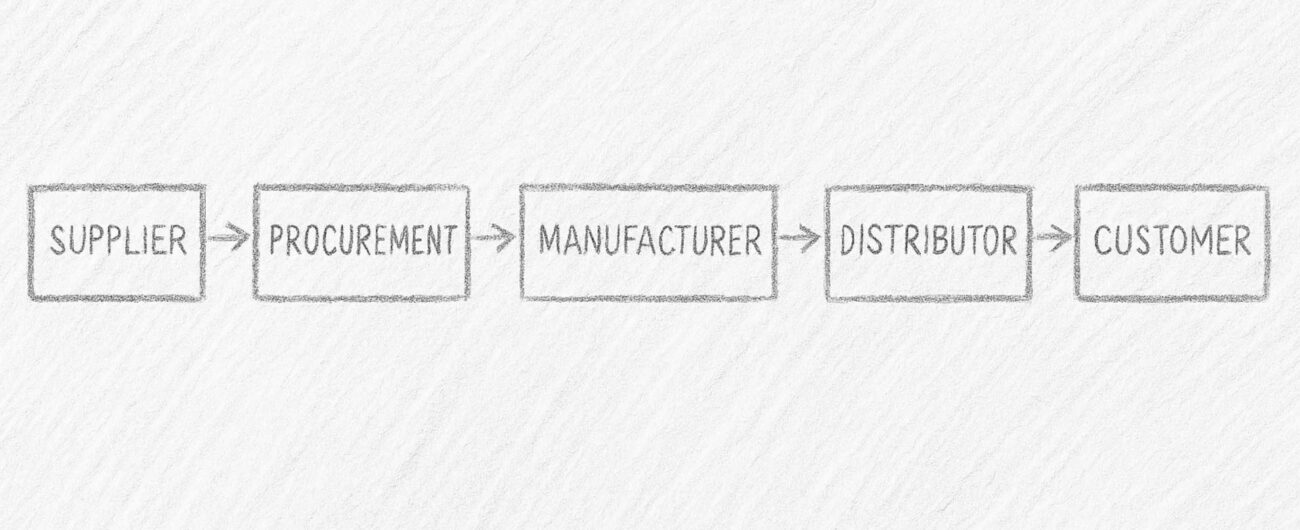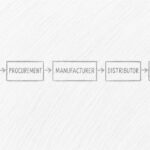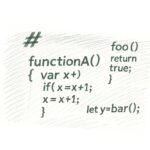Overview
The bipartisan U.S.-China Economic and Security Review Commission’s 2025 annual report to Congress explained that China is engaging in economic statecraft by weaponizing the U.S. supply chains to gain a strategic advantage of U.S. national security to include by exploiting defense contractors’ vulnerabilities and exposing critical programs to “coercion and disruption.”
Federal Government contractors and subcontractors increasingly going to be on the front-lines economic statecraft and, as a result, will face increasing levels of legal and regulatory risk.
Economic statecraft is how nations use economic tools to advance national interests, shape foreign policy, and gain global influence. From practical perspective, for industry, this means navigating laws on foreign investment, export controls, and requirements for operating or selling abroad.
U.S. export control regulations and sanctions are some tools the U.S. government uses to further U.S. foreign policy and national security interests. If businesses fail to comply with these requirements, not only may they be violating the law but it may derail U.S. foreign policy, economic strength, and national security. Read on for more information from the Report and why it should matter to your business.
The Bipartisan U.S. – China Economic and Security Review Commission
In 2000, Congress determined that studying how China approached economic statecraft was important enough to create the U.S.-China Economic and Security Review Commission (“Commission”), an independent, bipartisan commission charged with:
- Assessing the national security implications of the U.S.- China economic relationship.
- Annually reporting to Congress its findings on the relationship and the implications of the relationship in areas such as the U.S. economy and its global influence.
- Recommending legislative and administrative actions the U.S. should take in response to China’s activities related to trade, investment, technology transfer and modernizing and growing its military.
In its 745-page November 2025 report to Congress, the Commission warned that China is working to build an “axis of autocracy” with Russia, Iran, and North Korea to reshape the global order using tools like sophisticated economic statecraft. For U.S. businesses, this matters because the U.S. Government’s response will likely include, in part, aggressive enforcement by law enforcement and regulators, targeting companies that knowingly or unknowingly participate in illicit economic networks.
What Is China Doing
The Report explained that China has built and coordinated trade and payment networks as well as front companies that act on behalf of and enable bad actors to evade U.S. and allied export controls and sanctions. These networks afford China the ability to scale evasion schemes so it and nations such as Iran, Russia, North Korea that the U.S. has sanctioned may access financial services, captial and controlled products to further illicit ends.
According to the Report, China enables circumventing sanctions and export controls through:
- Opaque corporate networks such as shell companies and front entities that appear legitimate until investigated more extensively.
- Financial channels that avoid transparency by using alternative payment systems, payment intermediaries and layered transactions designed to avoid oversight and that conceal involvement of sanctioned countries, entities and individuals;
- Physical evasion tactics such as using “shadow” maritime fleets to transport sanctioned oil, weapons-related goods, and dual-use technologies via ship-to-ship transfers; creating falsified shipping documents; and disguising ports of origin.
- Disguising the purchasers of dual-use technologies that can be repurposed for military use so the items can be transferred to sanctioned countries, entities or individuals.
U.S. companies wittingly and unwittingly may end up conducting business with entities or individuals who in turn use the transaction to gain access to financial markets, capital or to controlled technology.
Why The Report Matters To Industry
The Report outlines a new economic reality and increased legal risks for organizations operating globally through, for example, a global supply chain, selling dual‑use technology or products, or engaging in cross‑border investments and financial transactions. The China economic statecraft which is designed to circumvent U.S. law means industry needs to stay alert to being caught in the web.
For businesses, the critical insights from the Report are:
- Evasive networks that China has developed may operate within or adjacent to legitimate commercial ecosystems.
- Modern sanctions and export-control evasion rarely occur through direct contact with sanctioned parties.
- Relying on China-based intermediaries or engaging with counterparties who themselves source from China or elsewhere poses risks of unintentionally participating in these networks.
- Traditional compliance models focusing only on first-tier counterparties are no longer sufficient.
- S. enforcement agencies increasingly expect industry to be the front line for controlling dual-use and military items as well as complying with U.S. sanctions.
What To Expect From Government
The U.S. Government’s stance is unequivocal: compliance obligations are expanding, enforcement is intensifying, and ignorance is no defense.
The Report details the urgency for protecting U.S. technology and avoiding transactions that involved sanctioned entities but, its not the only warning to industry to pull it together around controlling dual use products and complying with U.S. sanctions. The Treasury Department’s Office of Foreign Assets Control (OFAC), the agency that regulates sanctions; the Bureau of Industry and Security (BIS), the agency that regulates dual use exports; and, the Department of Justice have repeatedly emphasized that business must implement risk-based due diligence on its business partners that accounts for emerging evasion tactics. Given the Report and messages out of the Federal Government, simply screening names or running an automated compliance tool to check sanctions lists may not be enough to identify sanctioned parties.
U.S. sanctions regulations hold organizations and individuals liable if they knew or should have known that they were engaging with sanctioned nations, entities or individuals. Likewise, if export-controlled items end up in the wrong hands, the exporter can face investigation and prosecution, when they knew or should have known the end-user was a prohibited party.
The Bottom Line
To combat China’s economic statecraft, the U.S. enforcement posture is changing from reactive to proactive. U.S. regulators and prosecutors will likely cite the Report’s findings when pursuing actions against companies who fail to evolve their due diligence systems to respond to this threat environment. Failing to adapt to these risks exposes industry to legal risk and leaves U.S. innovation open to being exploited or stolen. It also enables efforts to undermine U.S. global leadership, its national security and its commitment to promoting effective markets, democracy, and human rights. For defense contractors committed to U.S. national security, avoiding these risks is critical.
Click here for our post on ways to adapt your due diligence efforts to:
- Meet this moment of sophisticated economic statecraft
- Comply with evolving U.S. legal and regulatory requirements
- Mitigate the risk of unwittingly contributing to China’s illicit behavior of China and that of the broader axis of autocracy.
The Commission issued a sober warning best said by Reva Price, Chair U.S.-China Economic and Security Review Commission in her Opening Statement on the 2025 Report:
China’s systematic and persistent evasion of U.S. export controls and sanctions represents not just a legal challenge but a strategic threat. Beijing has built industrial-scale networks to circumvent our safeguards, eroding U.S. technological advantages and undermining national security.










